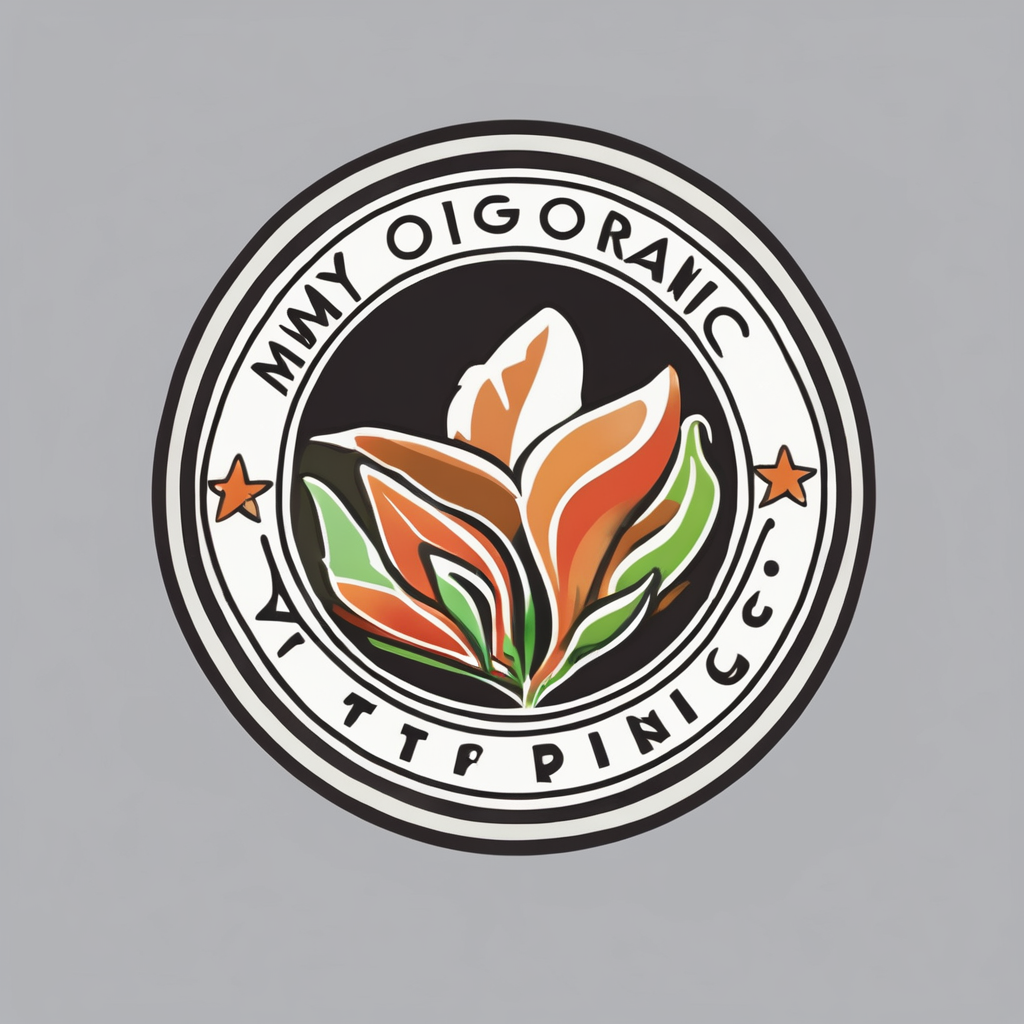Understanding Sustainable Fashion in the UK
Sustainable fashion in the UK is more than just a trend; it reflects a commitment to eco-friendly clothing that respects the environment and human rights. At its core, ethical fashion meaning involves creating garments that minimise environmental harm, use fair labour practices, and often support local communities. This approach counters the rapid, resource-heavy production of fast fashion, which leads to textile waste and pollution.
Crucially, sustainable fashion UK brands focus on three pillars: environmental responsibility, social equity, and local economic support. This includes using organic or recycled materials, reducing carbon footprints, and ensuring workers receive fair wages. However, it’s important to differentiate these genuine efforts from greenwashing—where companies exaggerate or falsely claim sustainability to attract buyers.
Topic to read : Discover unique steampunk rings for every style and budget
Understanding what makes clothing truly sustainable is essential. For example, authentic eco-friendly clothing certifications, transparent supply chains, and durable designs that encourage longevity demonstrate responsible practices. By recognising these qualities, shoppers can make informed choices that promote UK sustainable fashion, supporting a more ethical and environmentally conscious industry.
Leading UK-Based Sustainable Fashion Brands
Choosing from UK sustainable fashion brands allows shoppers to support environmentally conscious and ethical production right at home. These brands embody principles of eco-friendly clothing by utilising organic, recycled, or low-impact materials and often carry certifications that verify their commitments.
Have you seen this : Explore affordable steampunk rings that suit all styles
For instance, many renowned ethical UK clothing labels prioritise transparency in their supply chains. They ensure fair worker treatment and reduce emissions through local manufacturing. Highlighting values such as social equity and environmental responsibility, these brands go beyond mere aesthetics to deliver integrity with each garment.
UK sustainable fashion brands also embrace artisanal skills, promoting local economies while keeping ecological footprints low. By choosing eco-friendly UK designers, consumers help preserve traditional craftsmanship and contribute to a circular fashion economy.
Supporting such brands means buying into quality and durability, helping the industry move away from disposable fashion. In a market where greenwashing can confuse buyers, genuine UK sustainable fashion brands stand out by proving ethical fashion meaning through consistent, verifiable actions. This empowers shoppers seeking authenticity in their fashion choices.
Understanding Sustainable Fashion in the UK
Sustainable fashion UK is defined by its commitment to reducing environmental harm while fostering social responsibility. At the heart of ethical fashion meaning lies a dedication to using materials and processes that minimise waste and pollution. This includes selecting eco-friendly clothing options such as organic cotton, recycled fibres, or low-impact dyes. These choices significantly decrease the environmental footprint compared to conventional fast fashion.
Key principles of sustainable fashion UK extend beyond the environment. They incorporate fair labour conditions, ensuring workers in the supply chain receive equitable treatment and wages. Additionally, sustainability often involves supporting local producers to strengthen regional economies. Understanding these elements helps distinguish genuine sustainable fashion from greenwashing, where brands make misleading claims about their products’ eco-friendliness.
Greenwashing can confuse consumers, but recognising authentic brands means looking for transparency in sourcing and production. For example, evidence of certifications or a clear description of environmental and ethical policies signals legitimacy. Thus, ethical fashion meaning in the UK includes both ecological sustainability and social justice, presenting a holistic approach that consumers can trust when selecting eco-friendly clothing.
Understanding Sustainable Fashion in the UK
Sustainable fashion UK involves more than choosing eco-friendly clothing; it embodies a holistic approach focusing on environmental preservation, ethical labour, and local economic support. At its core, ethical fashion meaning prioritises sourcing materials that reduce pollution and waste, such as organic or recycled fibres. This choice lessens reliance on chemicals and limits landfill contributions.
Key principles also include fair treatment of workers throughout the supply chain, ensuring safe conditions and equitable wages. Additionally, supporting local production reduces carbon footprints linked to transportation and promotes community livelihoods. This triad—environmental, ethical, and local impact—is foundational to truly sustainable fashion in the UK.
Distinguishing genuine sustainable products from greenwashing requires scrutiny. Brands authentically practising sustainable fashion UK demonstrate transparency in their processes, including clear communication about certifications and supply chain audits. In contrast, greenwashing often uses vague claims without verifiable proof of ethical or ecological responsibility. For shoppers, recognising these differences is crucial to making informed decisions that genuinely support sustainability goals within the UK fashion industry.
Understanding Sustainable Fashion in the UK
Defining sustainable fashion UK involves recognising its commitment to reducing ecological damage while promoting ethical labour and supporting local economies. At its core, ethical fashion meaning hinges on practices that conserve resources and respect human rights throughout the supply chain. This includes choosing eco-friendly clothing materials like organic cotton or recycled fibres, which significantly lower pollution and waste compared to conventional alternatives.
The principles are threefold: environmental stewardship, social responsibility, and local impact. Brands prioritising these values minimise carbon footprints by localising production and ensuring fair wages and safe working conditions. This holistic approach differentiates true sustainability from greenwashing — where vague marketing hides actual environmental or ethical shortcomings.
To identify genuinely sustainable products, consumers should seek transparency, such as clearly stated sourcing information and verifiable certifications. This transparency confirms claims behind the ethical fashion meaning and helps shoppers avoid misleading eco-friendly clothing labels. Overall, genuine sustainable fashion UK reflects an integrated effort to create positive change environmentally, socially, and economically within the fashion industry.
Understanding Sustainable Fashion in the UK
Sustainable fashion UK embodies a holistic commitment to reducing environmental harm while promoting ethical labour and supporting local economies. The ethical fashion meaning here draws a clear line between merely stylish apparel and clothing that respects ecological limits and human rights. Selecting eco-friendly clothing involves prioritising materials such as organic cotton, recycled fibres, and low-impact dyes that significantly reduce water usage, pollution, and waste compared to conventional textiles.
Key principles weave together environmental responsibility, social justice, and local impact. For example, sourcing materials locally lessens transportation emissions, enhances regional economies, and often improves transparency across supply chains. Ethical labour practices ensure fair wages, safe working conditions, and equitable treatment for workers—a critical dimension of sustainability beyond ecological concerns.
Consumers face challenges distinguishing authentic sustainable fashion UK from greenwashing. Greenwashing brands mask unsustainable practices with vague or misleading claims, while genuine brands provide verifiable evidence, like certifications, clear supply chain audits, and transparent communication about materials. Embracing authentic eco-friendly clothing based on these principles helps consumers make informed decisions that truly support the holistic goals of sustainable fashion UK.








